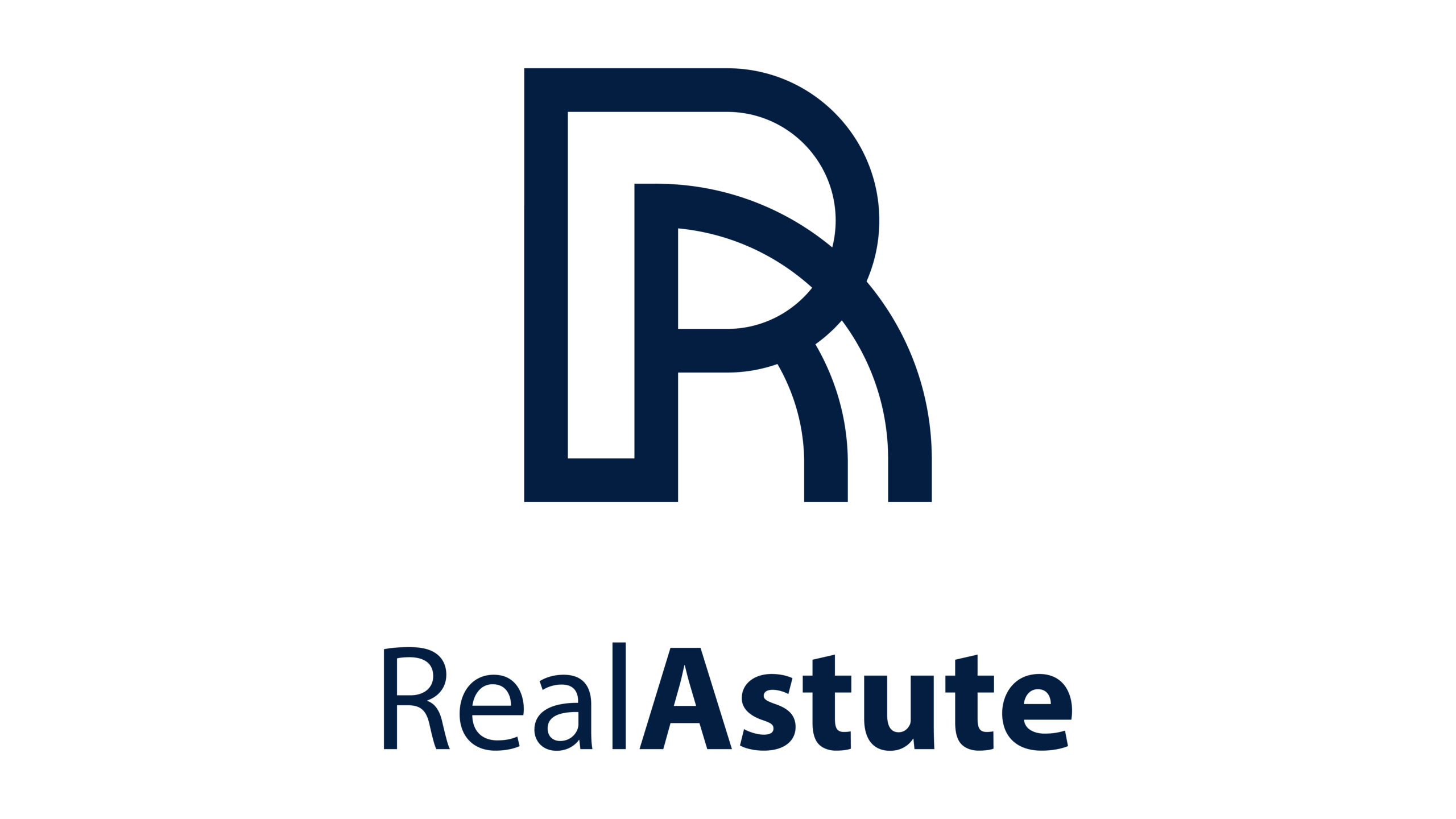A New Way to Shop for Homes in a Virtual World
In a year when we’re learning to do so much remotely, homebuying is no exception. From going to work to attending school, grocery shopping, and even seeing our doctors online, digital practices have changed the way we live.
This year, rather than delaying their home purchases, buyers – alongside their trusted real estate professionals – turned to the Internet to do more than just a typical home search. In some cases, they bought homes without even stepping foot inside. Jessica Lautz, Vice President of Demographics and Behavioral Insights at the National Association of Realtors (NAR), says:
“People really didn’t buy houses sight-unseen, traditionally. It’s still not a huge number, but it has gone up, and we have definitely seen that trend accelerate.”
According to NAR, throughout the coronavirus pandemic, one in every 20 homebuyers purchased a house sight-unseen.
How Your Real Estate Agent Will Pave the Way
Today, real estate professionals are using digital practices to help homebuyers and sellers walk through many steps in the process virtually. While following the regulations set forth by the CDC and all local guidelines, this year, agents quickly empowered buyers and sellers with virtual tours, 3D floor plans, high-quality photos, videos, online open houses, and more. For those who had homebuying and selling needs in 2020, trusted advisors made it possible in many markets.
Here’s a graph showing some of the digital options buyers found most helpful in their searches this year, as noted by NAR in the 2020 Profile of Home Buyers and Sellers:

The report also mentions that buyers this year generally searched for eight weeks. Throughout that search, they viewed a median of 9 homes, but not all of them were seen in-person. Yahoo Finance notes:
“Buyers viewed five homes online and four homes in-person during the pandemic, compared to nine homes in-person in 2019, according to NAR. This was the first year NAR asked buyers to specify the number of homes toured virtually.”
In true 2020 fashion, virtual practices helped buyers safely narrow down their top choices, so they didn’t have to unnecessarily walk into more homes than they needed to see throughout the process. Here’s the breakdown by region:

At a time when health and safety are top priorities, current technology is making it possible for buyers and sellers to move their real estate plans forward at their own comfort levels, even through a worldwide pandemic. For many, this means buyers no longer have to physically tour every home they want to see, and sellers don’t need to open their doors over and over again throughout the process. Safety can come first, and trusted real estate professionals are here to help.
Bottom Line
If you’re ready to make a move, you may not have to press pause on your plans this season. Let’s connect to determine the safe and effective options to buy or sell a home in our area or wherever you’re looking to move.











